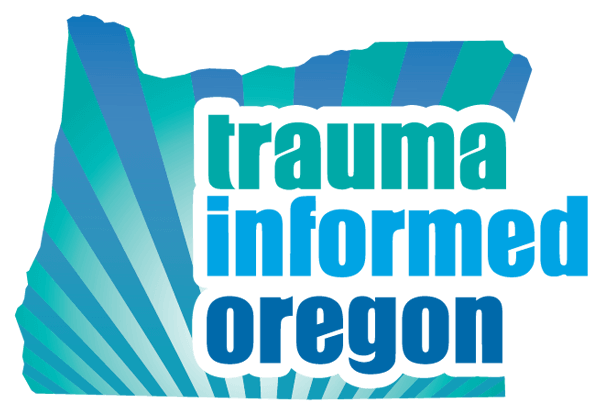Blog
 Living on Purpose: Embodying Intentional Peer Support
Living on Purpose: Embodying Intentional Peer Support

July 26, 2017
From Sharon Kuehn, Peer-Run Programs Manager, Community Counseling Solutions
“Practices and events that promote connections, self-efficacy and mastery, self-reflection, safety, transparency, and peer support are aligned with the principles of trauma informed care.” – TIO Blog, June 17th 2017
No matter what your trauma experience is, connecting with peers who practice Intentional Peer Support (IPS) is like coming home—landing on soft and solid ground. The special IPS blend of presence, connection, and mutuality leads to self-acceptance and healing as the practice becomes a way of life.
Originally developed in the1990’s by the visionary Shery Mead, IPS has become an international standard for peer support practitioners. Many Oregon organizations with strong recovery values opt to use IPS as their primary model for peer services. The approach is fresh and humanistic. When the 4 Tasks and 3 Principles are embodied on any level (individual, organizational, societal), a paradigm of equality, inclusion, self-determination, and authenticity takes form.
The 4 Tasks of IPS are:
T1. Connection. Thoughtfully attending to the processes of connecting and disconnecting as we interface with others helps to strengthen and attune our ability to connect with others and ourselves. When we are present in the moment and we let go of “knowing,” it is easier to connect.
T2. Worldview. Once there is a connection between people, we can begin exploring worldview. Worldview is about how we have each come to know what we know—as a result of our experiences, culture, socialization, education, traumatic events, and more. Understanding that each individual has an absolutely unique combination of influences, we realize that we need to use curious inquiry and listen attentively in order to genuinely understand another person.
T3. Mutuality. Mutuality is central to IPS and a major shift from traditional, clinical practice. The peer supporter and the person receiving peer support (or any two human beings!) are both learning and growing together. They can both be authentic, because pretending is not helpful in the process of moving beyond trauma to uncover one’s whole self. The relationship only works when it works for both of us. We are all experts; each of us has something to contribute to every effort and every relationship. That includes you!
T4. Moving towards. Finally we focus on moving towards what we want in our lives, rather than moving away from what we fear or want to leave behind. Moving toward is a powerful practice that enables us to see new possibilities in our lives as a result of our deeply genuine, transparent, courageous relationships.
The 3 IPS Principles reinforce the 4 Tasks:
P1. We move from “helping” to learning with. This approach completely changes the script of more clinically-oriented peer support trainings. Conventional or clinical approaches routinely reinforce the position of the “helpee” role as less-then or “disabled.” In contrast, learning with another person demonstrates that we both have valuable experiences and insights to share. When we stop fixing and problem-solving, we can fine tune the practice of sitting with uncomfortable feelings. “Learning with” means allowing time and space for untold stories to emerge!
P2. We move from individual to relationship. It’s not about me and it’s not about you; it is about us and what unfolds in our relationship. Everyone is valued and we make new meaning of the full range of our experiences together.
P3. Last but not least, we move from fear to hope. Letting go of fear allows more room for love, of both ourselves and others. Hope blossoms in the fertile ground of connected, mutual authenticity.
Growing peer support that is based on these universal, humanistic practices fills me with hope. Imagine IPS embodied across Oregon. Imagine the healing, growth and revaluing that will take place in our communities! I love living my life on purpose, continually learning and growing both personally and professionally. There is no pill or intervention that can ever replace the healing power of authentic connection!
________________________________________________________
Sharon Kuehn is employed as the Peer-Run Programs Manager for Community Counseling Solutions. She leads the David Romprey Oregon Warmline and the new Oregon Senior Outreach: Peer Support Telephone Service. Both programs are firmly rooted in the practice of Intentional Peer Support. Sharon facilitates IPS Training in affiliation with ROCC of Salem and serves as an advocate for Peer Delivered Services on the Oregon Consumer Advisory Council (OCAC). Sharon is also passionate about the healing power of nature and working to create new structures for our human family to find balance with nature which she explores at Life Force Learning.
